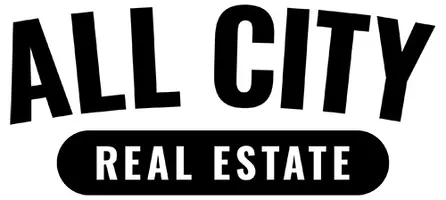
The Key to Selling Your Home: Pricing it Right
Selling a home can be a daunting task. There are many factors to consider, including timing, repairs, and marketing efforts. One of the most important elements of selling a home is pricing it correctly. Setting the right price for your property will ensure that you don't end up leaving money on the

Can you sell your home before your divorce is finalized?
Divorce is often an emotionally and financially complex process, and selling a home before or during divorce can add even more complexity to the situation. The decision to sell a home before or during divorce should not be taken lightly, but it is possible. Here’s what you need to know if you’re co

Everything You Need to Know About HOA Documents
If you are in the process of buying a home, chances are you have come across something called Homeowner Association (HOA) documents. As a potential homeowner, it is important to understand what these documents entail and why they are necessary. Read on to learn more about HOAs and the documents tha
Categories
Recent Posts










